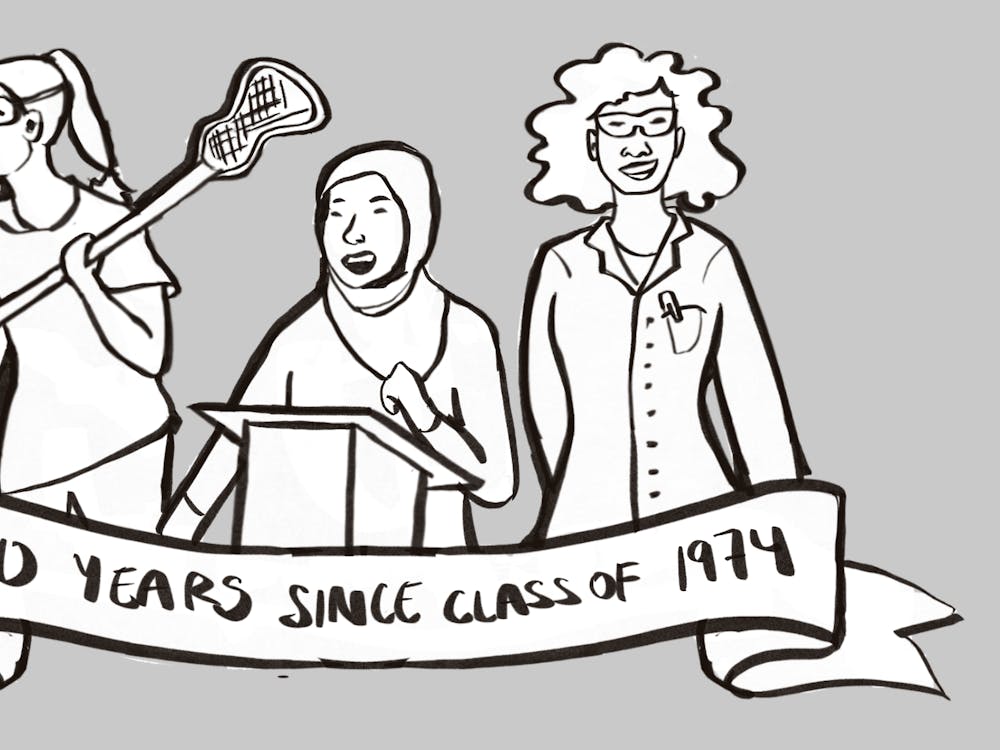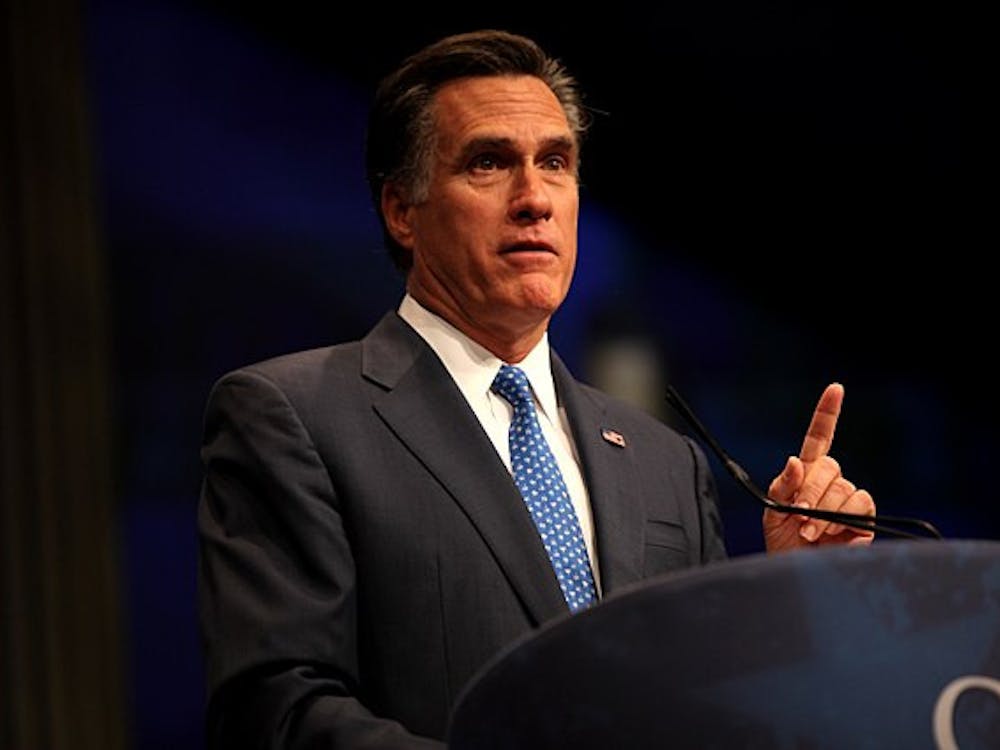Whether it’s punishing a professor for pro-war remarks, suspending a student for an allegedly “offensive” party invitation or defunding a conservative newspaper for criticizing a speaker, Hopkins has a long track record of free speech violations. Although the University retains the right to censor speech as a private institution, Hopkins has made an institutional commitment to protect and promote free speech in a broad sense. Yet even as the U.S. News & World Report recently moved Hopkins up to the number 12 spot in its national University rankings, the non-partisan Foundation for Individual Rights in Education (FIRE) ranks Hopkins as the ninth worst college in the US for free speech. Given what has passed in the last six months at Hopkins, we could see the University rise even higher on this notorious free speech ranking.
In the latest free speech controversy at Hopkins, cryptography professor Matthew Green was asked to take down a post on his university-hosted blog in which he criticized the NSA, used the NSA logo and linked to previously leaked NSA documents. After public outcry, Andrew Douglas, the dean of the Hopkins Engineering School, rescinded the order and apologized to Professor Green, citing “inadequate information” and a desire “to protect the university and you [Prof. Green] from legal consequences” to explain the rationale for his actions.
This controversy comes on the heels of two additional free-speech battles this past spring, in which social conservatives accused the university of discrimination. In the first case, Hopkins med students filed a petition to remove Dr. Carson as their commencement speaker because of his comments about gay marriage. Soon after, the Hopkins Student Government Association twice rejected the re-formation of a pro-life group called Voice for Life (VFL).
These cases parallel the Green case. Like the administration in the Green incident, the SGA cited legal reasons for rejecting VFL (specifically the University’s Anti-Harassment Policy). And like the administration in the Green incident, the SGA took exception to a link posted on the website of a Hopkins affiliate (specifically, links to images of aborted babies).
At least in this case the administration recognized its errors quickly and apologized. This is a laudable first step. Nevertheless, serious questions remain concerning why Hopkins, a world leader in teaching and research, continues to be a magnet for free speech issues. That Hopkins repeatedly defaults to censorship in dealing with “controversial” expression violates the very principles of academic freedom which the University exists to promote. It shouldn’t require a public fire-storm every six months to hold Hopkins accountable to protect the right to free expression of its faculty and students. Unless Hopkins gives teeth to its nominal commitment to protect the free speech of its students and faculty, the University’s motto, “The Truth will Set You Free,” remains in danger of becoming obsolete.
If Hopkins intends to restore and promote a culture that welcomes the free exchange of ideas, it must start with abolishing the Civility Code and adopting a new set of free speech policies. Next, it must supplement these policies by hosting free speech educational initiatives that let students, faculty and administrators know their rights. The current Civility Code, introduced by former President Brody, mandates that “Rude, disrespectful behavior is unwelcome and will not be tolerated” and that “we will also consider appropriate steps to be taken when members of our community do not respect these standards.” The Civility Code has it backwards: it is not popular or what some call “civil” speech, but precisely controversial viewpoints that need protection under university policy. To help change the culture of censorship and prevent free speech violations from ever happening again at Hopkins, the University might adopt a version of UPenn’s “Guidelines for Free Expression”- a policy with which President Daniels is undoubtedly familiar from his time serving as provost at UPenn. This policy received a green light from FIRE — the highest rating possible for the defense of free speech.
Just because Hopkins is a private university with the legal ability to muzzle free speech does not mean the university should use this power. Censorship does not, as some claim, preserve our good name by shielding it from affiliates with strange or unpopular ideas. Rather, censorship tarnishes our name far worse than even the most offensive speech, because it contradicts the very reason for the University’s existence. The world’s brightest students and professors come to Hopkins to pursue “Knowledge for the world.” This mission cannot be fulfilled without robust discourse fueled by the free exchange of ideas.
In 1923, former Hopkins President Frank Goodnow, invoked our motto in the midst of World War One curtailments on the 1st Amendment. In his commencement address, he implored graduates to “Make it certain through the influence which you will undoubtedly be able to bring to bear on our American life, that that freedom of thought of which all Americans have been so proud is not curtailed under the pretext of placing a ban on so-called pernicious ideas.” His words ring as true now as they did in 1923. Speech at our university should not be curtailed simply because the ideas may be “uncivil” or “offensive” to some people, and to curtail it conflicts with the history of our beloved university and our great nation.






















Please note All comments are eligible for publication in The News-Letter.